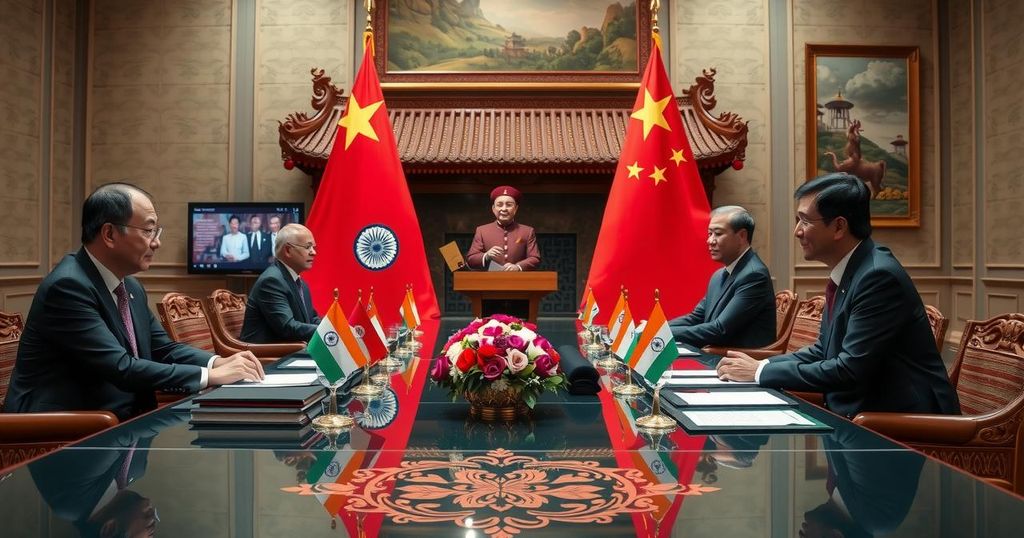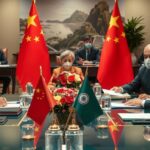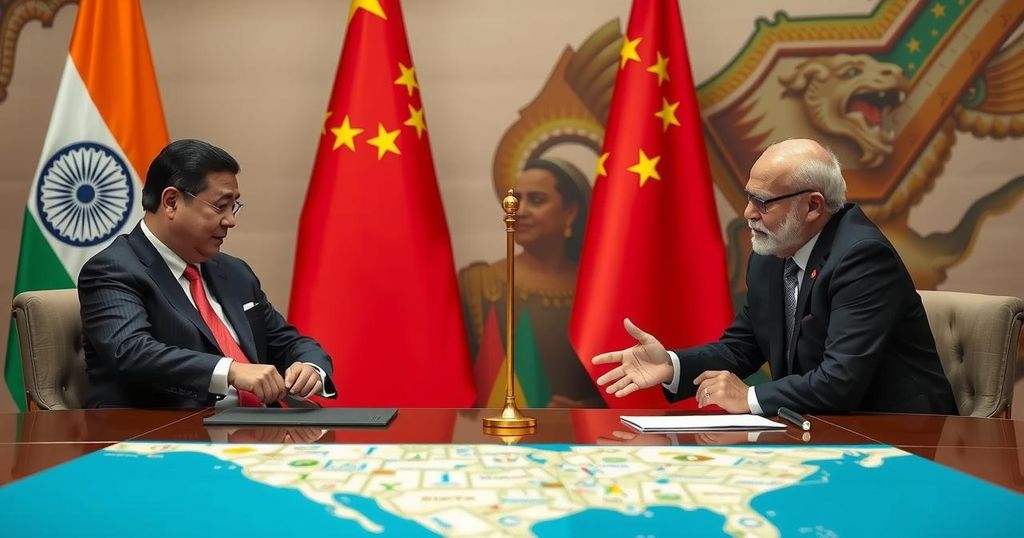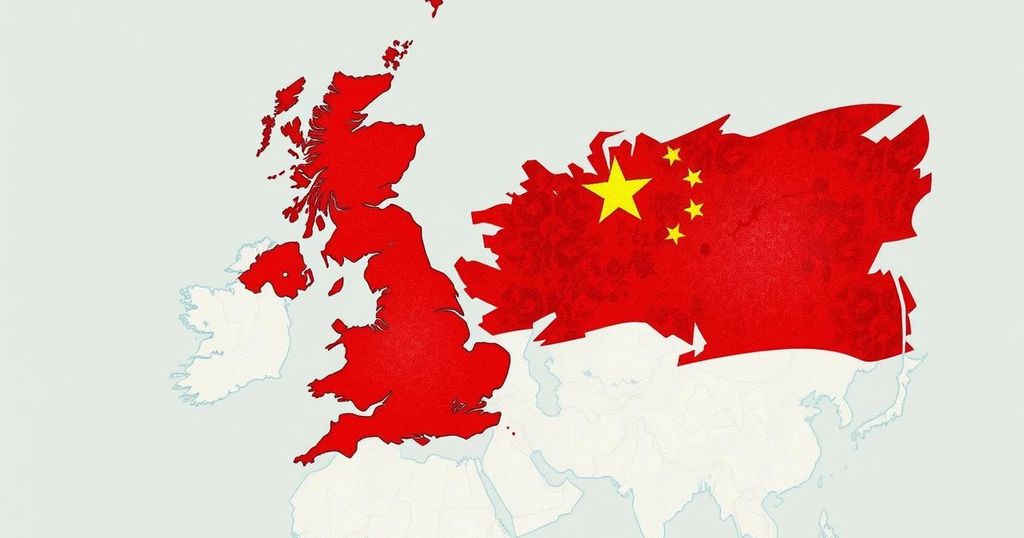India-China Border Dispute: NSA Ajit Doval to Meet Wang Yi in Beijing
Ajit Doval and Wang Yi are set to meet on December 18 to discuss the India-China border dispute following recent disengagement. The talks aim to explore peaceful solutions and resume dialogue after a five-year break, emphasizing mutual respect and adherence to border agreements.
On December 18, National Security Adviser Ajit Doval will engage with Chinese Foreign Minister Wang Yi in a pivotal discussion aimed at addressing the long-standing border dispute between India and China. This meeting is a part of the Special Representatives dialogue, focused on managing peace and tranquility along the Line of Actual Control (LAC), particularly in light of recent disengagement efforts in eastern Ladakh. The last such dialogue occurred in December 2019, prior to the tensions stemming from military confrontations that began in May 2020.
The Ministry of External Affairs announced that both sides aim to achieve a “fair, reasonable and mutually acceptable” resolution regarding the border concerns. Notably, this meeting follows a commitment made by Prime Minister Narendra Modi and Chinese President Xi Jinping to enhance communication regarding these issues, which was formalized after the disengagement pact regarding the areas of Demchok and Depsang.
The military standoff has deeply affected India-China relations, particularly following the violent clashes in the Galwan Valley. However, the successful disengagement process has allowed for the resumption of normal patrolling activities in these areas. Underlining the importance of mutual respect, External Affairs Minister S. Jaishankar has reiterated India’s desire for constructive engagement, provided that the sanctity of the LAC is respected.
The ongoing discussions regarding the India-China border dispute arise from a complex historical context characterized by territorial disagreements and military confrontations. Since the initiation of heightened tensions in May 2020, the relationship between India and China has faced significant strain, culminating in violence at the Galwan Valley. The disengagement agreement aims to restore a semblance of stability along the LAC, where both nations have agreed to manage potential conflicts through dialogue and diplomacy. Given that the Special Representatives dialogue has not been held for over five years, the upcoming meeting signifies a crucial step toward long-term resolution and improved bilateral relations.
In summary, the forthcoming meeting between NSA Ajit Doval and Chinese Foreign Minister Wang Yi signifies a critical effort to reconcile differences over border disputes. With discussions focusing on peace, stability, and a mutually acceptable resolution, the outcomes of this dialogue could pave the way for improved diplomatic relations between India and China. The statement by External Affairs Minister S. Jaishankar reinforces India’s position that cooperation will continue as long as there is a respect for the established border protocols.
Original Source: www.livemint.com








Post Comment